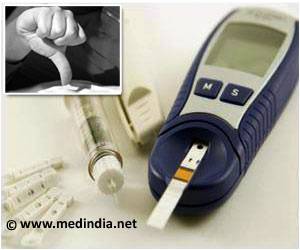More than 19.2 million U.S. workers have been found to work under the influence of alcohol according to an extensive study conducted by the Research Institute on Addictions (RIA).
More than 19.2 million U.S. workers have been found to work under the influence of alcohol according to an extensive study conducted by the Research Institute on Addictions (RIA) of the University of Buffalo.
Nearly 2,805 adults, employed in different agencies were interviewed through telephone to obtain information about use of alcohol and the associated impairment of work, over the past 12 months. The study sample was designed to represent the working population of the U.S. between 18 and 65 years of age.The study participants were asked about the frequency of alcohol intake, history of alcohol intake 2 hours before reporting to work, during work hours or history of having worked under the influence of alcohol or a hangover.
An analysis of the response received revealed alarming results highlighting alcohol consumption by nearly 2.3 million workers before reporting for work. In addition, at least 8.9 million workers reported alcohol intake once during working hours, either during lunch break or during work or other breaks. More than 11.6 million workers reported to have worked with a hangover.
Furthermore, 25% confessed consuming alcohol before work and 75% of them reported that this occurred in less than a month. The incidence of such alcohol related episodes were more common amongst men when compared to women. Younger, unmarried workers showed an increased inclination to drinking compared to their counterparts. The study has been funded by the National Institute on Alcohol Abuse and Alcoholism.
Tendency to consume alcohol was most commonly seen among occupations related to management, sales, arts, entertainment, sports, media, food preparation and serving, building and grounds maintenance. Workers with regular working hours were less likely to consume alcohol before work.
The study results alerts researchers, policymakers and managers to further explore such areas while policy formulation. It also urges a better understanding of alcohol consumption and the related workplace impairment.
Advertisement
He also demanded a critical understanding of the effects of alcohol consumption on workplace productivity, performance and safety. Clearly, this issue is something that needs the importance it deserves.










